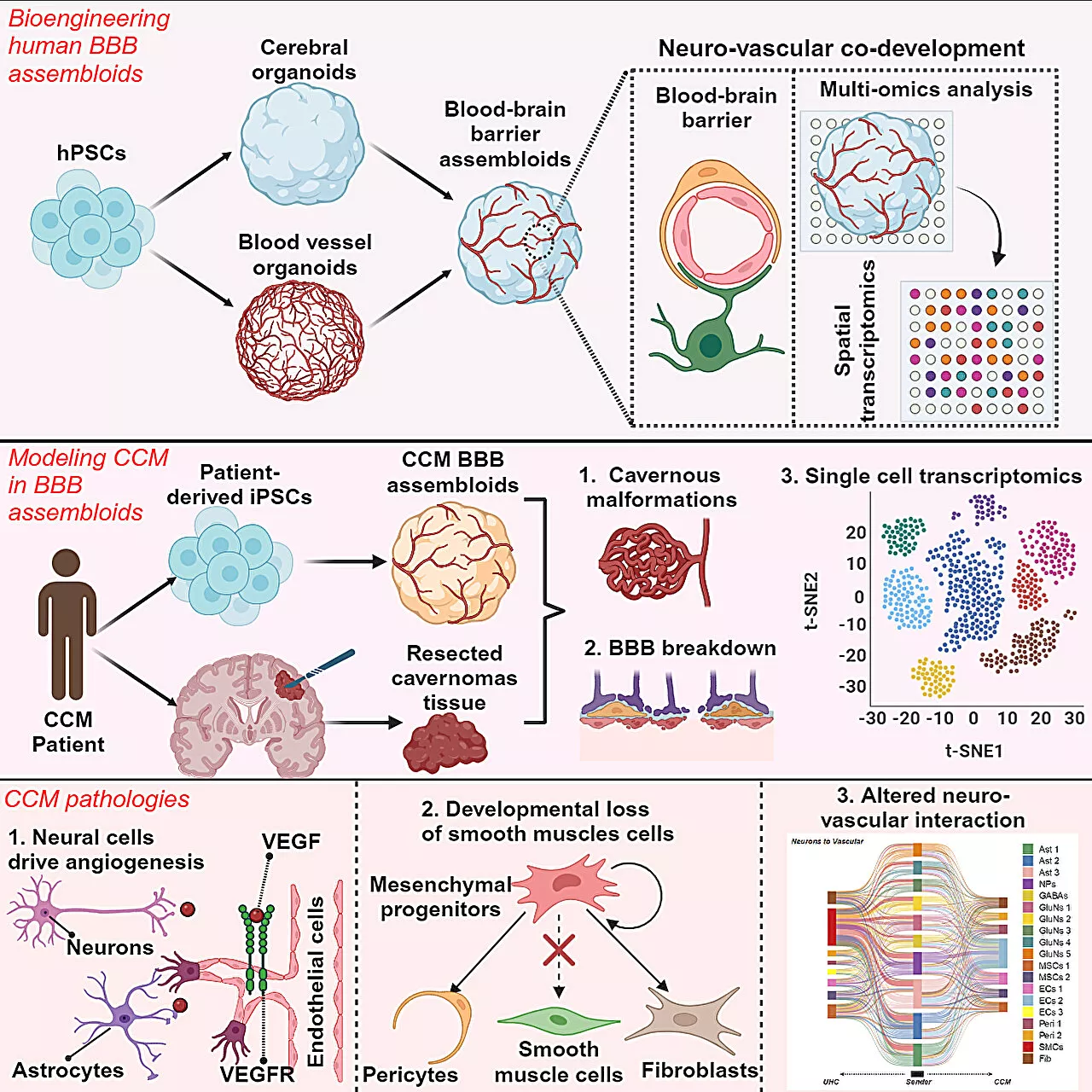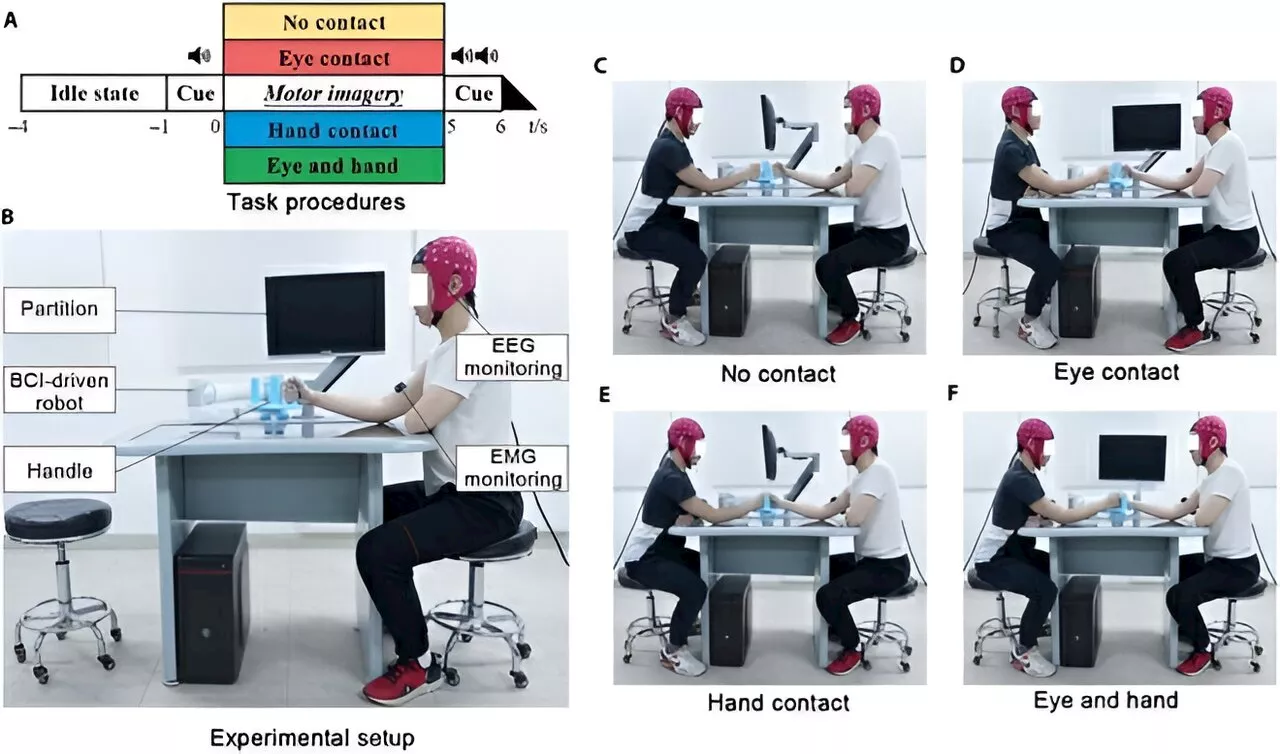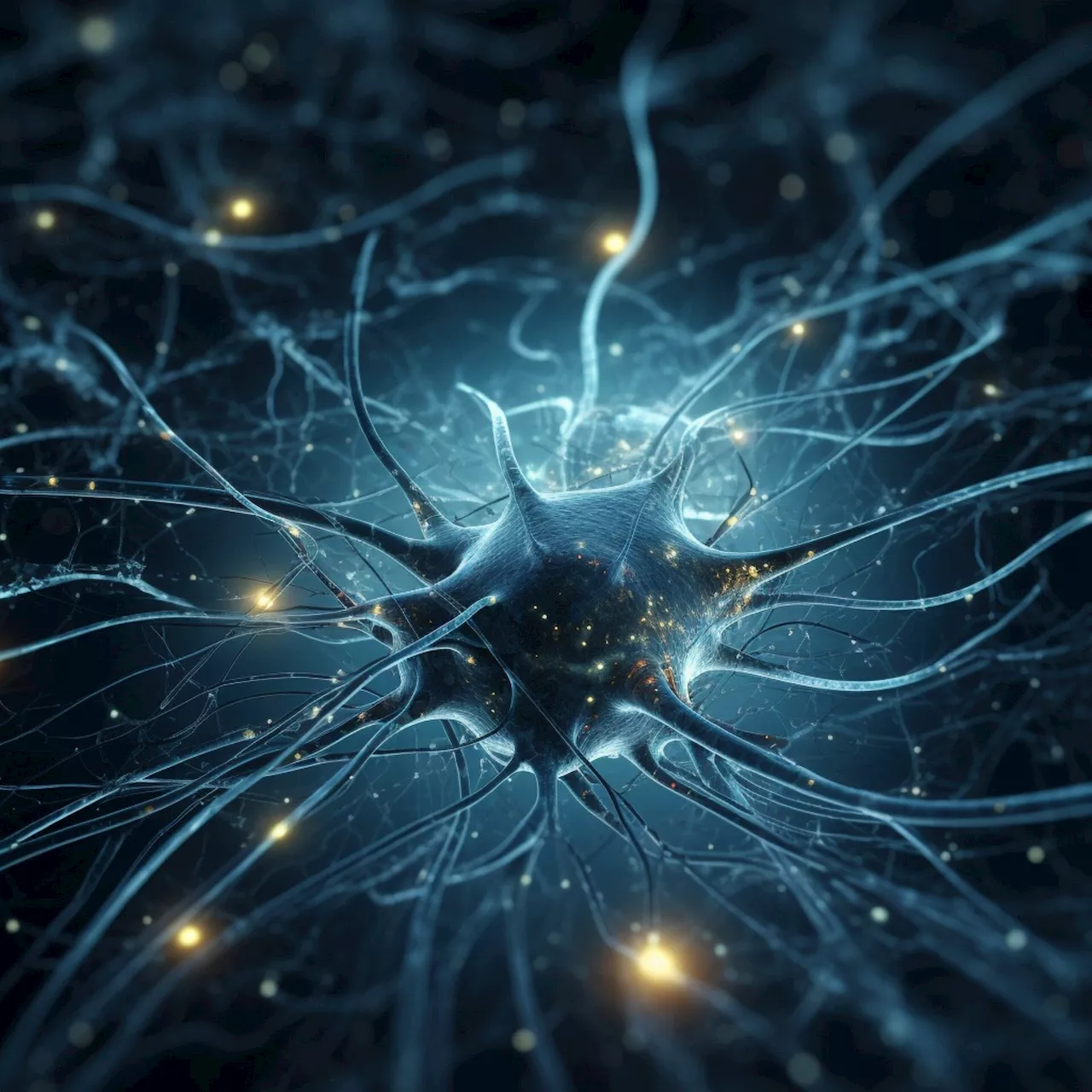Our brains, even in adulthood, continually adapt to what we do, strengthening or weakening neural pathways as we practice new skills or abandon old habits. Now, research by Stanford Medicine scientists has found that a particular type of neuroplasticity, known as adaptive myelination, can also contribute to drug addiction.
Myelination in the brain may drive opioid addiction, say scientists retrieved 5 June 2024 from https://medicalxpress.com/news/2024-06-myelination-brain-opioid-addiction-scientists.html
This document is subject to copyright. Apart from any fair dealing for the purpose of private study or research, no part may be reproduced without the written permission. The content is provided for information purposes only.Doctors develop minimally invasive procedure to avoid drilling a 'burr hole' in the skull to treat clot on the brain18 minutes agoUse this form if you have come across a typo, inaccuracy or would like to send an edit request for the content on this page.
Your feedback is important to us. However, we do not guarantee individual replies due to the high volume of messages.to let the recipient know who sent the email. Neither your address nor the recipient's address will be used for any other purpose. The information you enter will appear in your e-mail message and is not retained by Medical Xpress in any form.Get weekly and/or daily updates delivered to your inbox.
Medicine Research Health Research News Health Research Health Science Medicine Science
Australia Latest News, Australia Headlines
Similar News:You can also read news stories similar to this one that we have collected from other news sources.
 Stanford to rename basketball court after Tara VanDerveer, winningest coach in NCAA historyThe university will unveil the court at a home game in November.
Stanford to rename basketball court after Tara VanDerveer, winningest coach in NCAA historyThe university will unveil the court at a home game in November.
Read more »
 Brain 'assembloids': Researchers develop first human mini-brain with fully functional blood-brain barrierIn a pioneering achievement, a research team led by experts at Cincinnati Children's has developed the world's first human mini-brain that incorporates a fully functional blood-brain barrier (BBB).
Brain 'assembloids': Researchers develop first human mini-brain with fully functional blood-brain barrierIn a pioneering achievement, a research team led by experts at Cincinnati Children's has developed the world's first human mini-brain that incorporates a fully functional blood-brain barrier (BBB).
Read more »
 Brain-to-brain technology boosts brain-computer interface performance, study demonstratesA study from Tsinghua University in collaboration with Imperial College London has unveiled a novel technique that significantly enhances brain-computer interface (BCI) systems by integrating brain-to-brain interactions among users.
Brain-to-brain technology boosts brain-computer interface performance, study demonstratesA study from Tsinghua University in collaboration with Imperial College London has unveiled a novel technique that significantly enhances brain-computer interface (BCI) systems by integrating brain-to-brain interactions among users.
Read more »
 Neuroscientists use AI to simulate how the brain makes sense of the visual worldA research team at Stanford's Wu Tsai Neurosciences Institute has made a major stride in using AI to replicate how the brain organizes sensory information to make sense of the world, opening up new frontiers for virtual neuroscience.
Neuroscientists use AI to simulate how the brain makes sense of the visual worldA research team at Stanford's Wu Tsai Neurosciences Institute has made a major stride in using AI to replicate how the brain organizes sensory information to make sense of the world, opening up new frontiers for virtual neuroscience.
Read more »
 Night owl behavior could hurt mental health, sleep study findsNight owls, brace yourselves. A new study by Stanford Medicine researchers has found that following your natural inclination to stay awake until the early morning hours is a bad choice for your mental health.
Night owl behavior could hurt mental health, sleep study findsNight owls, brace yourselves. A new study by Stanford Medicine researchers has found that following your natural inclination to stay awake until the early morning hours is a bad choice for your mental health.
Read more »
 Gene variants foretell the biology of future breast cancers, study findsA Stanford Medicine study of thousands of breast cancers has found that the gene sequences we inherit at conception are powerful predictors of the breast cancer type we might develop decades later and how deadly it might be.
Gene variants foretell the biology of future breast cancers, study findsA Stanford Medicine study of thousands of breast cancers has found that the gene sequences we inherit at conception are powerful predictors of the breast cancer type we might develop decades later and how deadly it might be.
Read more »
